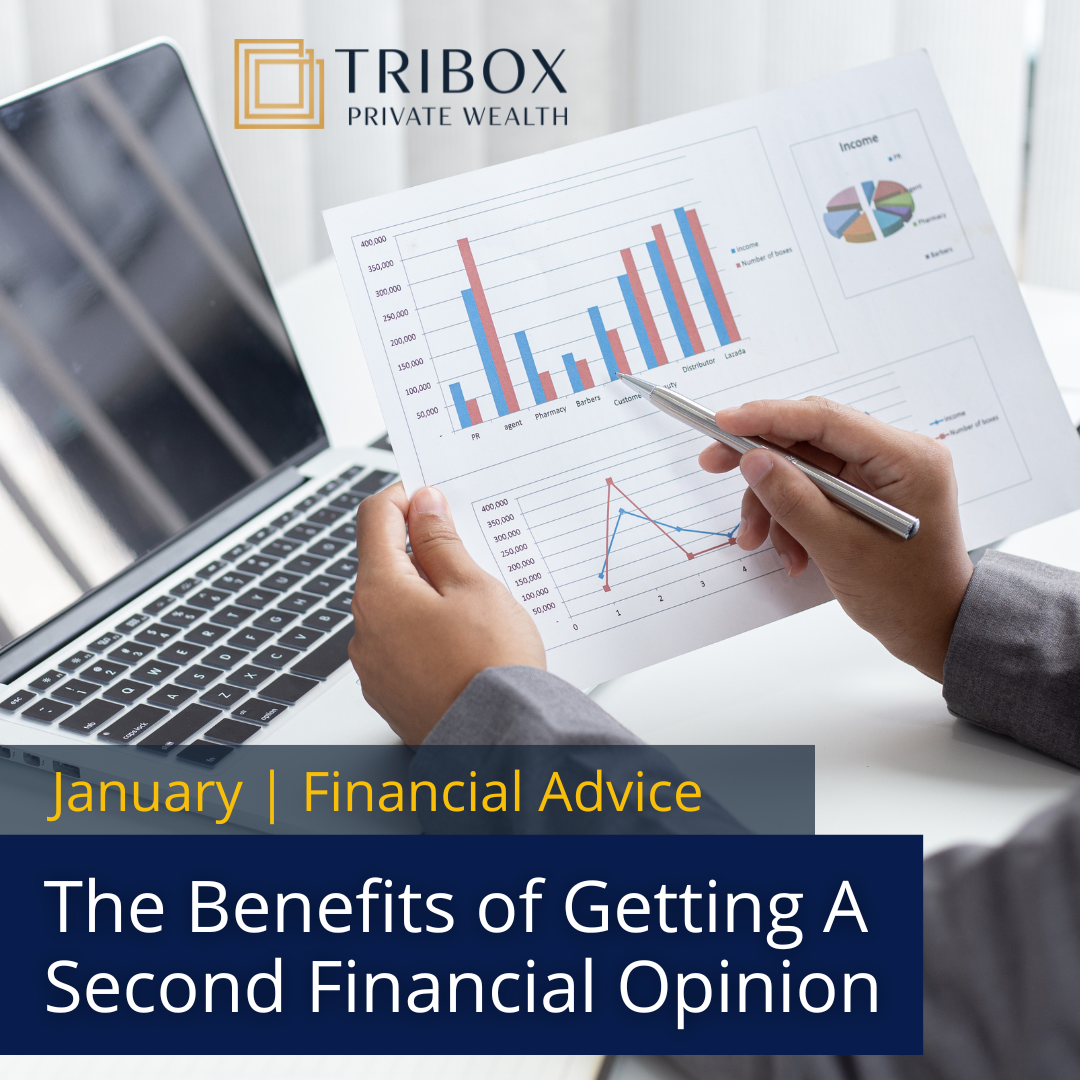When it comes to medical or legal advice, the value of getting a second opinion is fairly well established and defined. What about financial decisions? At what point does it make sense to get a second (or a third) opinion on money matters? Here we discuss some benefits of seeking a second financial opinion, including a few situations in which a gut check may not just be useful but downright necessary.
Many Eggs, Many Baskets
As the adage goes, you never want to put all your eggs into one basket—and jumping headlong into a financial strategy recommended by one person does just that. What if their advice is outdated or does not fit your particular financial situation? What if the person providing the advice may actually be receiving a commission based on the products you select? By getting a second opinion, you will have a stronger strategy and a way to confirm that the initial advice you received was either on target or not suitable for you.
Another benefit of a second financial opinion is that it can encourage you to reevaluate and reassess your goals. If your personal, employment, or financial situation has changed since the last time you reviewed your portfolio, it is an excellent time to make sure these changes are taken into account in future decisions. You may also need to reevaluate your investments or rebalance your asset allocation.
Finally, by getting a second opinion, you will also have a chance to compare the costs and fees charged by different financial professionals. You may discover that you are happy to pay a higher fee for more tailored advice; on the other hand, you may decide that your financial situation does not warrant advice from someone whose fees are more at the high end of the scale.
When You May Need a Second Opinion
Situations in which you could benefit from a second opinion include:
- You are a DIY investor. If you have been managing your own investments, it is a good idea to bring in a professional to give your portfolio a top-to-bottom review. You may discover some opportunities you have missed.
- You have been using the same financial professional since you began investing. If the second opinion matches up with your original financial professional’s advice, you may feel more confident that you are on track. If this advice is different, you will know there is a disconnect somewhere and can work to track it down.
- You do not have a relationship with a financial professional. If you have not yet partnered with a financial professional, you may not be aware of all the services and strategies available. It is important that any financial professional you choose is a good fit for your style and financial situation. An initial interview can help you assess their investment strategies, values, and principles before you become a client.
There are more circumstances in which a second opinion may be warranted, but these three situations cover a great deal of ground. If you’re concerned about taking your next financial steps or just want a comprehensive review of your balance sheet, a financial professional can help.
Schedule Your 15-Minute Phone Call Today!

In our 15-minute call, we’ll learn more about you and your situation to ensure we’re a good fit.
We are dedicated to providing expert advice tailored to your specific situation.
Important Disclosures
The opinions voiced in this material are for general information only and are not intended to provide specific advice or recommendations for any individual.
Investing involves risks including possible loss of principal. No investment strategy or risk management technique can guarantee return or eliminate risk in all market environments.
Rebalancing a portfolio may cause investors to incur tax liabilities and/or transaction costs and does not assure a profit or protect against a loss.
Asset allocation does not ensure a profit or protect against a loss.
This article was prepared by WriterAccess.
LPL Tracking #1-05318847





